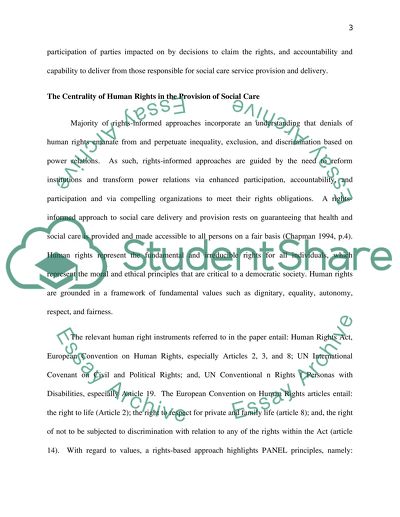Cite this document
(“How might a rights-informed approach to social care provision and Essay”, n.d.)
Retrieved from https://studentshare.org/law/1471284-how-might-a-rights-informed-approach-to-social
Retrieved from https://studentshare.org/law/1471284-how-might-a-rights-informed-approach-to-social
(How Might a Rights-Informed Approach to Social Care Provision and Essay)
https://studentshare.org/law/1471284-how-might-a-rights-informed-approach-to-social.
https://studentshare.org/law/1471284-how-might-a-rights-informed-approach-to-social.
“How Might a Rights-Informed Approach to Social Care Provision and Essay”, n.d. https://studentshare.org/law/1471284-how-might-a-rights-informed-approach-to-social.


